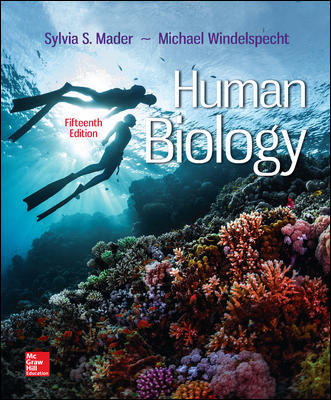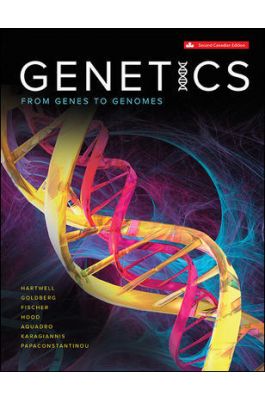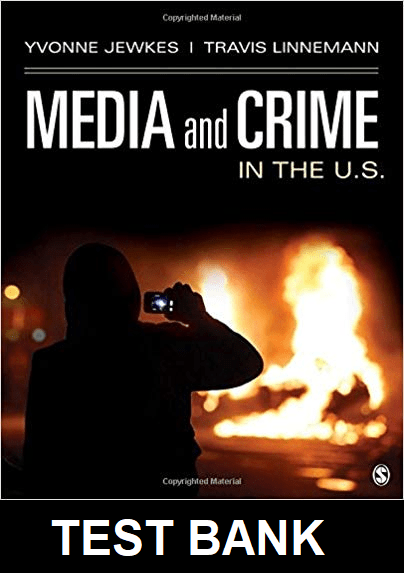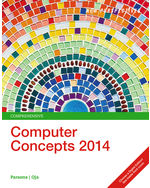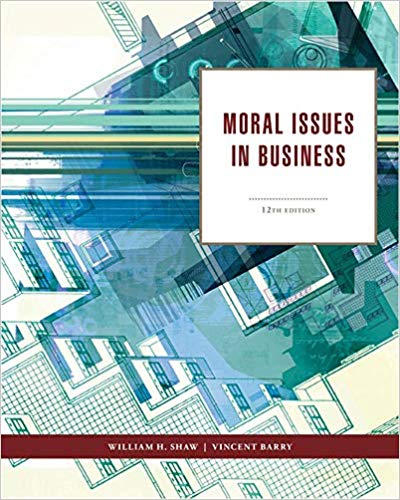In Stock
Moral Issues in Business 12th Edition by William H. Shaw – Test Bank
Edition: 12th Edition
Format: Downloadable ZIP Fille
Resource Type: Test bank
Duration: Unlimited downloads
Delivery: Instant Download
$22.00
Moral Issues in Business 12th Edition by William H. Shaw – Test Bank
Chapter 1—The Nature of Morality
MULTIPLE CHOICE
1. Which of the following characteristics distinguishes moral standards from other sorts of standards?
|
a. |
moral standards are purely optional |
|
b. |
moral standards take priority over other standards, including self-interest |
|
c. |
moral standards cannot be justified by reasons |
|
d. |
moral standards must be set or validated by some authoritative body |
ANS: B PTS: 1 REF: p. 4-5
2.Choose the statement that gives the most accurate description of etiquette:
|
a. |
the rules of etiquette are a fundamental branch of morality |
|
b. |
conformity with the rules of etiquette is sufficient for moral conduct |
|
c. |
etiquette refers to a special code of social behavior or courtesy |
|
d. |
the rules of etiquette are backed by statutory law |
ANS: C PTS: 1 REF: p. 5
3. Our relationship with the law is best described by which of the following?
|
a. |
To a significant extent, the law codifies a society’s customs, norms, and moral values. |
|
b. |
The law is a completely adequate guide to the moral standards that we should follow. |
|
c. |
The law makes all immoral conduct illegal. |
|
d. |
Violating the law is always immoral. |
ANS: A PTS: 1 REF: p. 7
4. Which of the following is not one of the four basic kinds of law?
|
a. |
statutes |
c. |
common law |
|
b. |
constitutional law |
d. |
contractual law |
ANS: D PTS: 1 REF: p. 9
5. A proper perspective of religion and morality is
|
a. |
only religion can tell us what is right and wrong |
|
b. |
it’s not true that morality must be based on religion |
|
c. |
religion never influences people’s moral beliefs |
|
d. |
without religion, people wouldn’t have a reason to act morally |
ANS: B PTS: 1 REF: p. 11-12
6. When religion and morality are considered,
|
a. |
the moral instructions of the world’s great religions are often general and imprecise. |
|
b. |
most people act rightly only because their religion tells them to. |
|
c. |
atheists are likely to be less moral than religious people. |
|
d. |
in practice, people who share a religion will agree on all moral questions. |
ANS: A PTS: 1 REF: p. 11
7. The divine command theory implies that
|
a. |
God commands us to do whatever our reason tells us is right. |
|
b. |
God forbids stealing because stealing is wrong. |
|
c. |
God leaves right and wrong up to us. |
|
d. |
stealing is wrong only because God commands us not to steal. |
ANS: D PTS: 1 REF: p. 11
8. Ethical relativism supports the theory that
|
a. |
what is morally right is what society says is morally right. |
|
b. |
there are no moral values whatsoever. |
|
c. |
morality is relative to the goal of promoting human well-being. |
|
d. |
different societies have different ideas about right and wrong. |
ANS: A PTS: 1 REF: p. 11-13


